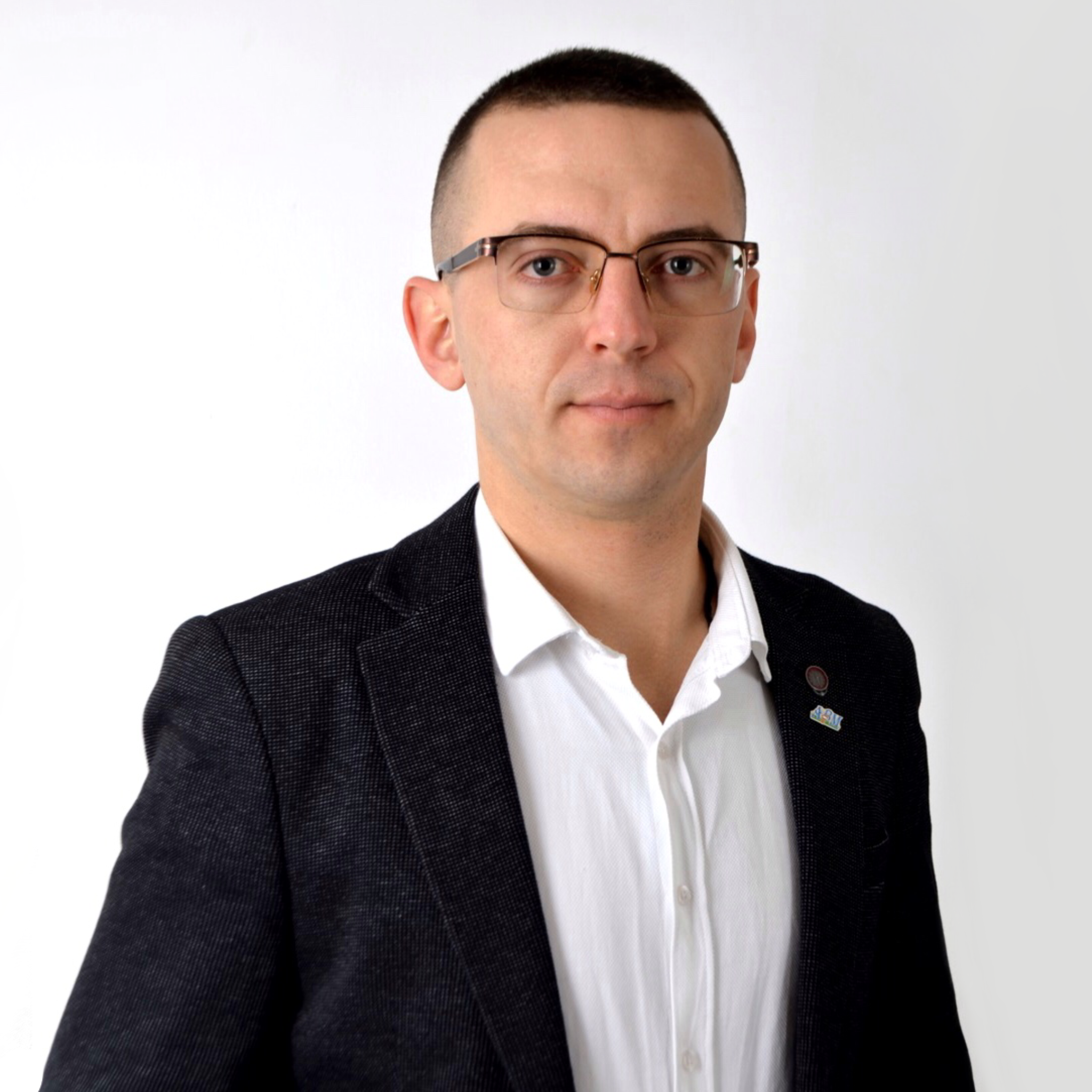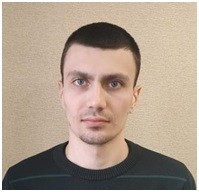Since the beginning of the full-scale invasion, Ukraine can be divided into occupied, de-occupied, frontline and rear areas. However, not a single farmer, regardless of where the war caught him, voluntarily decided to leave his farm. Since the first day of the full-scale invasion, all dairy farms without exception have become a kind of "points of no return", continuing production and providing local residents and refugees with food, housing, jobs, and the Armed Forces of Ukraine with everything they need (special clothing, equipment, vehicles, equipment, medicines, etc.). Among the thousands of stories of Ukrainian dairy farmers, the Vgoru media platform tells the story of the resilience of Dnipro LLC in Kherson Oblast.
The recent history of the dairy farm and the entire Dnipro agricultural enterprise in the village of Novodmytrivka, Kherson district, Kherson region, is a story of daily work and quiet resistance to the occupiers, a story of losses and challenges that did not end with the de-occupation.

According to the management, their company was the only one that did not stop working during the occupation and continued to operate within the Ukrainian legal framework. They sold their products for hryvnias, and often gave them away for free to those in need, and paid salaries in hryvnias. The russians tried to seduce people with the "russian world" and force them to work under their flag, but neither generous promises nor threats helped. Deputy Director Antonina Cherednyk was kidnapped by russians three times, went through basements and torture, but her hatred for the occupiers only grew stronger.
Now the dairy farm, like the entire Bilozerska community, is a real hotspot. People have learned to survive and work under fire, to eliminate the consequences of the attacks and return to their work.
"We cannot stop working for three days or five days. We can't even stop for one day, because we need to feed the animals, milk them, clean them. People have been working on the farm continuously throughout the occupation," Serhiy Fesenko, farm manager of Dnipro LLC

Even the russians, who were constantly coming to us with searches, said that they had never seen such a "lively place" anywhere else. Everything works here, everything is moving even now. The morning after another shelling (at night, the russians fired cluster shells and blew up a transformer), the workers return to their daily work: they milk cows, receive trucks from the factories that take milk, arrange for milk supplies to hospitals, treat injured animals, and do hundreds of other large and small household tasks.
Now there are 8 milkmaids on the farm. A whole team of different specialists works to ensure that they have a job and that the cows produce milk: the agronomist has to organize field work, the engineer has to prepare the machinery, the crops have to be grown, harvested, and fodder prepared. By the way, the farm provides itself with basic fodder. The ration of one cow is 40-45 kg, and the better it is, the better the hopes, experts say. Before the war, the animals' diet was more balanced - the farm ordered crops that it did not grow. Now they rely only on their own resources.
The deputy director calls all of her employees - these humble milkmaids, tractor drivers, and combine harvesters - nothing short of heroes: "We are one team. When we were working in the first days, I told everyone: you are heroes. They are all heroes because they went through those 9 months of fear. And now, risking their lives, they go to work under shells, when cows are dying, when we don't know where it will hit next. We all support the Armed Forces, we all believe in the Armed Forces, and each of us is making such a small contribution to this victory. We hope it will be soon."
The shelling did not affect the quality of the milk, but it did affect the condition of the cows. Unlike humans, animals do not talk about their fears, but of course they are afraid too. "Cows are very stressed, they lean down, they crouch, they shake, they are very sensitive," says Nadiya, a milkmaid.
But it's not just the shelling that causes fear - animals die. In February, there were two incursions, hitting the summer shed at the entrance to the farm, killing 26 pregnant heifers. At the end of the summer, there was another loss, a large shed was damaged, 6 heifers died at once, and six are still being treated.
Now, after the de-occupation, everything is done here on their own. Even the electricity is being restored because Oblenergo does not leave. But the life of the farm cannot be stopped. A generator helps, but we need 200 liters of diesel fuel a day to milk, water, and pump out the manure.

Despite the fact that every penny counts now, the Dnipro agricultural enterprise, in addition to its usual work, has worked and continues to work for victory and to help the military: it cooked stoves, bought body armor and helmets, and fed up to five hundred people. Despite the many problems, the employees remain optimistic and say with one voice: "It's okay, we will survive. We survived last year, we will survive this year."
The Association of Milk Producers expresses its boundless gratitude to Andrii Pastushenko for making Dnipro LLC an ambassador of the dairy industry and for the heroic work of each team member to ensure the country's food security, as well as for the invaluable assistance to the frontline on the way to Ukraine's victory. We have a heroic front and an equally heroic rear.
It is worth remembering that de-occupation does not mean achieving security, and the realities of today indicate that the enemy's shelling will intensify, but together we will definitely survive and win!
Source: full version of the article on the Vgoru Media Platform
For reference: LLC Dnipro is a member farm of the Association of Milk Producers since 2011, founded by a German investor, located on the right bank of the Dnipro River in the village of Novodmitrivka in Kherson region. The company cultivates 1310 hectares of land, 700 of which are irrigated, where it grows grain and industrial crops (industrial sunflower, rapeseed, barley, wheat). This is the feed base for the farm and the breeding plant where Holstein cows are bred. The dairy farm in Bilozershchyna has almost 800 heads of cattle - 400 cows plus calves and bulls. The daily yield is 7-6 tons of milk. The company supplies raw materials to Kherson Butter Plant and Lactalis-Mykolaiv. Today, it employs 74 people from three surrounding villages: mechanics, milkmaids, calf breeders, and other specialists. Andrii Pastushenko, director of Dnipro, manages the company.



